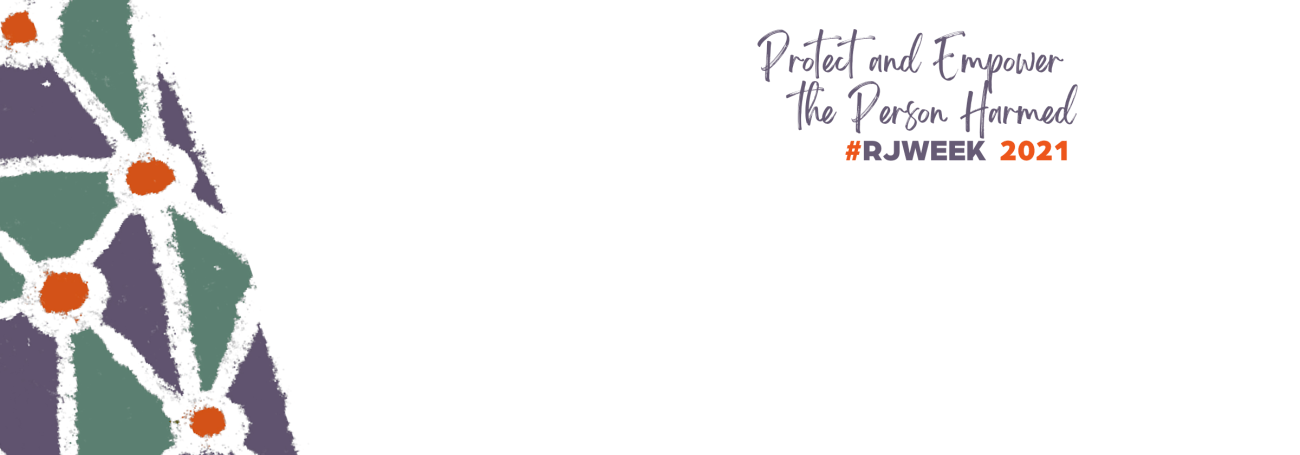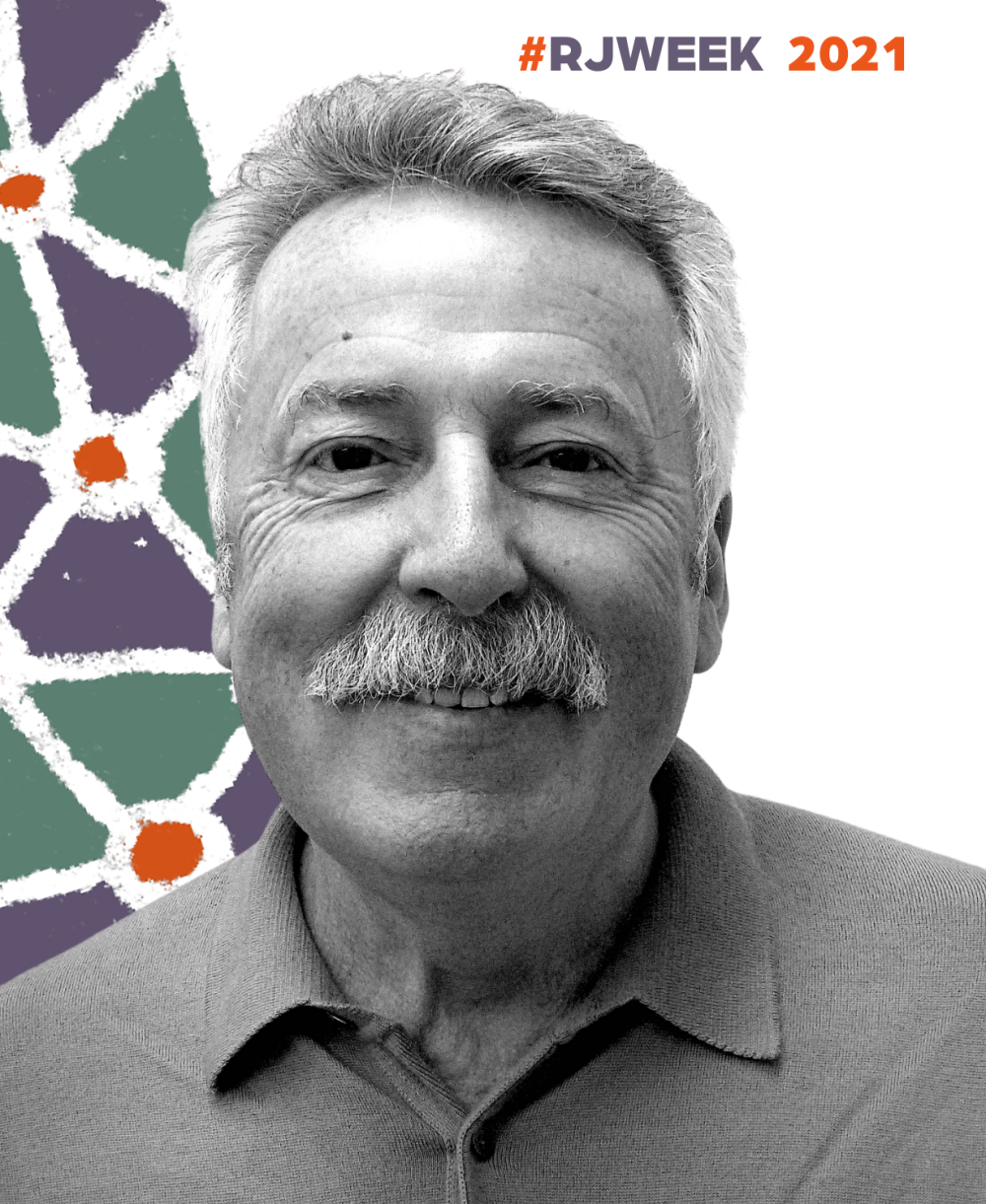
Tim Chapman is a researcher, scholar, trainer and restorative justice practitioner. He is the Chair of the EFRJ Board. Through 10 years working at the University of Ulster teaching on the Masters programme in restorative practices, he has contributed to the development of restorative conferencing in both the voluntary and statutory sectors in Northern Ireland. Previously he spent 25 years working in the probation service and played an active part in developing effective practice in the UK particularly through the publication of ‘Evidence Based Practice’, written jointly with Michael Hough and published by the Home Office. His ‘Time to Grow’ model for the supervision of young people has influenced youth justice practices. He has published widely on restorative justice and effective practice. He has conducted significant research into restorative justice in Northern Ireland. He is currently engaged in work on the victims’ experiences of restorative justice, the conceptual basis of restorative practices, and restorative approaches to violent extremism and to gender based violence.


